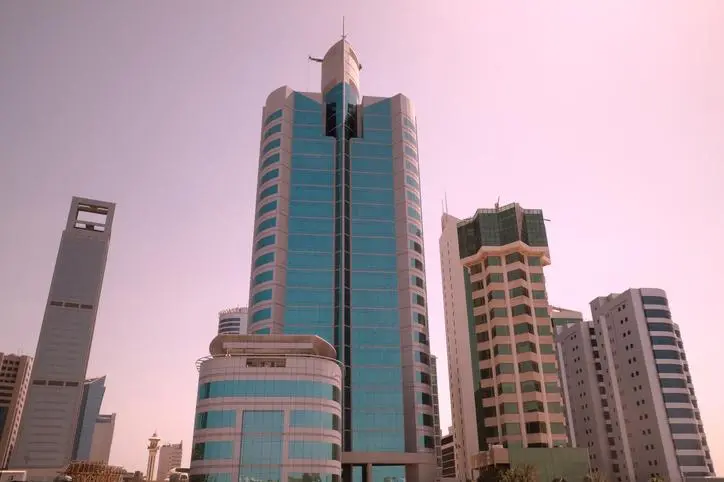PHOTO
KUWAIT - The Kuwait Society for Human Rights (KSHR) called on the state to cancel the sponsorship (or kafeel) system and transfer the sponsorship to the government. In a report released yesterday on the condition of labor forces in Kuwait, KSHR also called for updating labor legislation and criminalize its violators, and ensuring decent work for laborers, especially domestic labor.
Furthermore, KSHR demanded an end to administrative deportation, avoid tasking expats’ remittances and stop discrimination against foreigners living in Kuwait. The Unit of Monitoring and Following-up Worker Rights’ Issues in Kuwait has issued a report on the status of migrant workers in Kuwait during the first third of 2018, in which they discussed the legal changes that targeted the workers and the impact of these changes at the local and international level.
The report talked about the activation of administrative innovations that protect the status of workers in their workplaces, control the labor market, and oblige employers to implement the provisions of the Labor Law, besides addressing the violations against workers, postpone of the application of the decision that prevents the employment of workers under 30 years with university qualifications, and workers’ benefit directly from the honor of His Highness the Prince, which included detainees in prisons, especially those detained on financial issues.
The report monitored a number of positive decisions issued during the reporting period. The decisions focused on exempting the violators of the residency law who want to get rid of fines and security procedures and exempting those who want to stay in the country from investigation by only paying their fines to settle their situation. That is in addition to creating a new automated system in the Department of Labor Relations, to specially receive the workers’ complaints electronically and inform the worker and the employer of the complaints against them with the purpose of preventing malicious reports.
It also revolves around the mechanism of labor inspection, labor care, occupational safety, conditions for the transfer of migrant workers in the government sector to work in the civil sector, adoption by the Civil Service Council of controls for the use of migratory workers’ expertise for the first time in jobs of doctors, pharmacists, support medical services and nursing. That is in addition to a first-time ruling by the Kuwaiti judiciary in the case of human trafficking against a citizen. It was also monitored that the Domestic Labor Department has cancelled the licenses of 8 offices of domestic labor and stopped the activity of 6 other offices.
On the other hand, a number of decisions that encircle the migrant labor in the country have been monitored, including the imposition of fees on remittances and the discussion of the implementation of Cabinet Decision No 1028 of 2014 on the adjustment of national employment rates on private sector employers besides the application of the decision of Kuwaitizing the governmental jobs instead of migrant workers and the accompanying layoffs, calls for Kuwaitizing other sectors and racist speeches against workers in the government sector.
The report devoted a special section to discuss the opportunities that local laws provide which necessarily lead to excesses and restrictions on migrant workers, and often lead to the exclusion or trafficking of workers. It also provided various observations on the sponsorship system and Law No 6 of 2010 in addition to Domestic Labor Law No 68 of 2015 in Kuwait. Since the beginning of this year, Kuwait Society for Human Rights has established a special unit to monitor and follow up the issues of migrant workers’ rights in Kuwait, which aims to highlight employment issues and issue periodic analytical reports.
The establishment of the unit is a part of the project “Support for the legal protection of migrant workers in Kuwait” which is implemented by the Society in cooperation with the Swiss Agency for Development and Cooperation. And that is considered a second phase of the project “Together” to educate migrant workers on their rights in Kuwait”, which was implemented by the Society in cooperation with the Netherlands embassy in Kuwait.
All rights reserved. © Kuwait Times Newspaper 2018 Provided by SyndiGate Media Inc. (Syndigate.info).





















